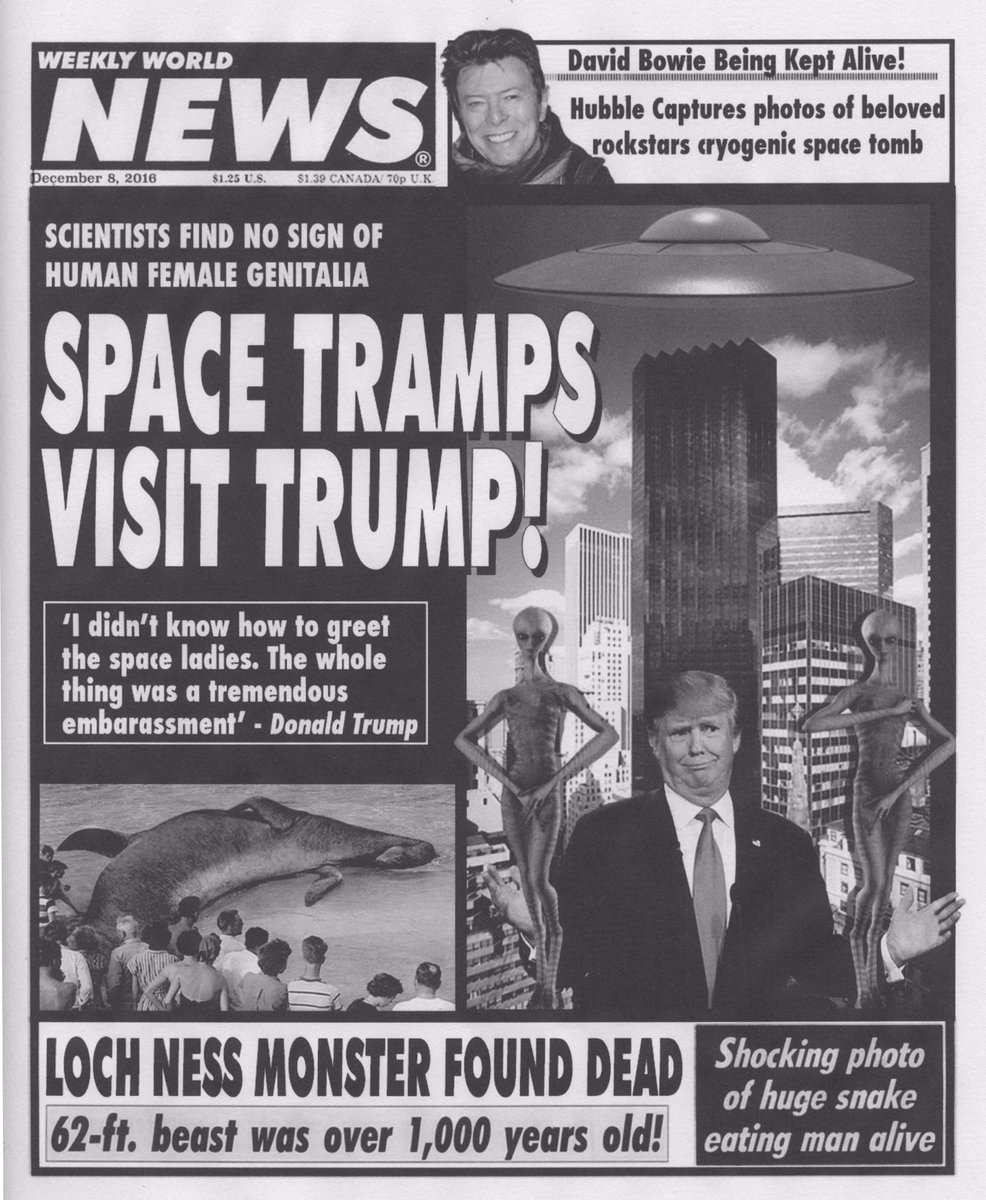What? You mean Randall "Duke" Cunningham?
In June 2005, a story appeared in the San Diego Union Tribune by Marcus Stern and Jerry Kammer, who would later receive a Pulitzer Prize for their reporting. The story revealed that a defense contractor, Mitchell Wade, founder of the defense contracting firm MZM Inc. (since renamed Athena Innovative Solutions Inc. and later acquired by CACI), bought Cunningham's house in Del Mar in 2003 for 1,675,000 USD. A month later, Wade placed it back on the market where it remained unsold for eight months until the price was reduced to 975,000 USD. Cunningham was a member of the Defense Appropriations Subcommittee at the time. Soon after the purchase, Wade's company began to receive tens of millions of dollars worth of defense and intelligence contracts. Cunningham claimed the deal was legitimate, adding, "I feel very confident that I haven't done anything wrong."[23]
On November 28, 2005, Cunningham pleaded guilty to tax evasion, conspiracy to commit bribery, mail fraud and wire fraud in federal court in San Diego. Among the many bribes Cunningham admitted receiving was the sale of his home in Del Mar at an inflated price, the free use of the yacht "Duke Stir," a used Rolls-Royce, antique furniture, Persian rugs, jewelry, and a $2,000 contribution for his daughter's college graduation party.[35] Cunningham's attorney, Mark Holscher, later said that the government's evidence was so overwhelming that he had no choice but to recommend a guilty plea.[36] With the plea bargain, Cunningham faced a maximum of 10 years; had he fought the charges, Cunningham risked spending the rest of his life in prison.
-all from Wikipedia.
The house sale was public, the contracts were public, and everyone's positions were public. It would have taken about the same amount of time to investigate with modern computers.
There are basically two ways to do what you are talking about:
- The government has not discovered the corruption, because the government is the one doing the corruption.
The people who internally review the evidence for traces of corruption are either paid off or part of the corruption. Outside forces can discover the corruption, but that takes time and effort most people can't put into it. Yes, you can sort through thousands of documents faster than you could in the 90s. But now the clerks can make millions of more documents that clog up your filters.
- The government has not discovered the corruption because the money has been properly laundered.
There is a reason government contract negotiators are so hesitant to accept gifts.People can use gifts to funnel money to government officials in exchange for government contracts. Depending on the situation a gift of 25 dollars might be unethical to accept. Therefore, if someone is doing bribery it is likely through a very hard to find channel, going through shell companies, stock options, and favors for favors. The FBI is pretty vigilant, mostly, but sometimes journalists beat them to the punch. Also, if you are in situation 1 the FBI won't make a difference.

